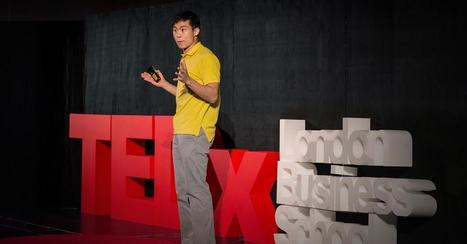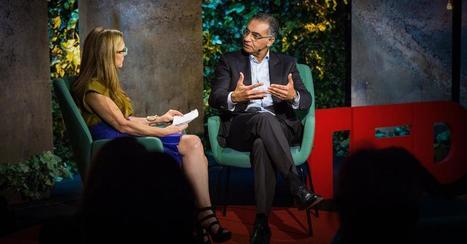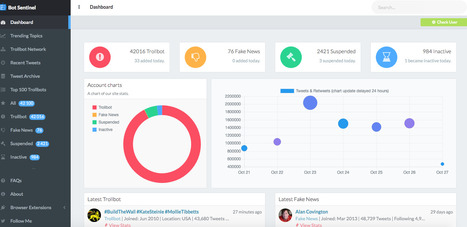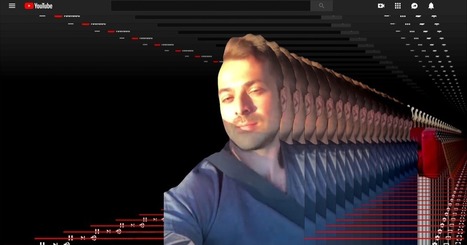This is the age of misinformation and fake news. Here are the best unbiased fact-checking sites so that you can find the truth.
Research and publish the best content.
Get Started for FREE
Sign up with Facebook Sign up with X
I don't have a Facebook or a X account
Already have an account: Login
 Your new post is loading... Your new post is loading...
 Your new post is loading... Your new post is loading...

Paria Harirsaz's curator insight,
November 18, 2018 10:36 PM
WOW I never knew that people go this far to put fake news out there. I do wonder why they are so dead set on doing so. I honestly believe that real news is just as interesting and at times, horrible, pulling in an audience.
|
|



















